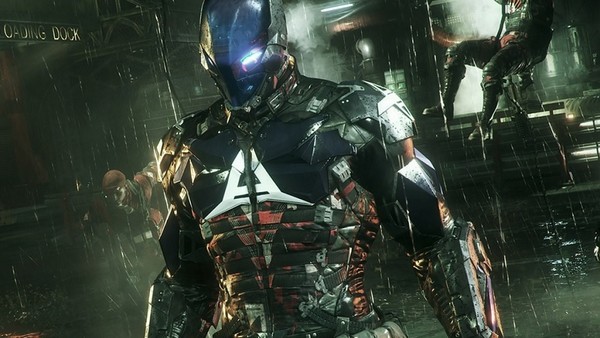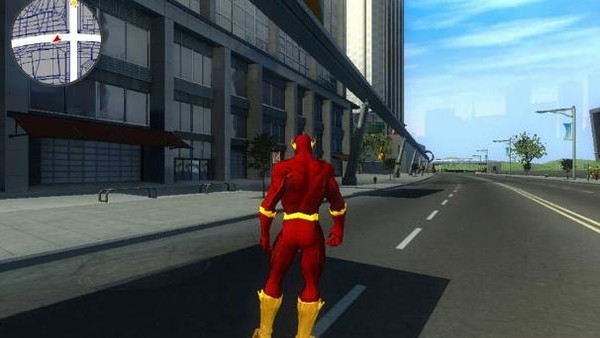Why Are Superhero Video Games Almost Impossible To Pull Off?
Expectations Meet Reality
Rewind to the turn of the century; Spider-Man 2: Enter Electro had just come out on Playstation, one year prior to Tobey Maguire’s 2002 debut as Webhead. For the children this game was primarily aimed at, this represented the era’s standard in the genre.
Button command boss fights, simplistic graphics, a few recognisable baddies and the Amazing Bag Man alternate costume among more: life was good.
Fast forward a few years and team-up series such as X-Men Legends and Marvel: Ultimate Alliance set a new benchmark for what comic book games could be, where playing as such a wide array of Marvel heroes was novelty enough, never mind the fact the plots were actually engaging as well. The gameplay was allowed to be limited because consoles were, but just as importantly, so were our minds in terms of what to hope for in a superhero game.
But times have changed.
Insomniac will release a rebooted Spider-Man game later in 2018, one year following the arrival of Holland’s successful Spider-Man: Homecoming, and we can only hope it’s the open-world web-swing-fest its 16-year-old predecessor could have been.
That Spider-Man, released the same year Sam Raimi’s trilogy opener hit cinemas, was terrific in parts and perhaps to this day best captured what we’d want out of a superhero game, albeit too short considering you could complete the damn thing in three hours.
Generally speaking, anyone buying a superhero-based game will know precisely what they want. In Spider-Man’s case, that’s wall-crawling, web-swinging, villain-punching, spider-sense-tingling mayhem. We’ve grown up reading about these characters and know precisely how they should look and even sound, and yet developers get some of these key decisions so, so wrong (more on that later).
Another lineup that got things very right in this regard is Rocksteady’s Batman: Arkham series, which had a dark Gotham, awesome fight mechanics (the most pivotal aspect of any Batman game), gadgets and missions to last even the most dedicated a long time.

But Bruce Wayne, while massive in terms of his place in the DC universe, is almost street level in the understanding that he likes to beat up criminals, so that’s easy to pull off.
The problems occur when we want to fly around and protect the galaxy as Superman or traverse continents in seconds as The Flash. Previous Supes games have tried and failed to emulate that feeling, while Brash Entertainment once looked to be on the right path delivering an open-world Flash game, only to go under in 2008.
Such a waste.

As game engines and console capability has evolved, so too has our need to experience more demanding challenges. Why would our Flash be limited to speeding between only a couple of cities - as Brash Entertainment’s release had in mind - when the Scarlet Speedster is clearly capable of so much more?
And therein lies the problem. Avid comic book readers are liable to have bigger imaginations - and by extension, expectations - than someone who’s grown up on a much more grounded or realistic diet of, let’s say, Call of Duty.
Matching those expectations - people who regularly see super feats on a monthly basis - could be an impossible task, but that doesn't mean that developers can't try.